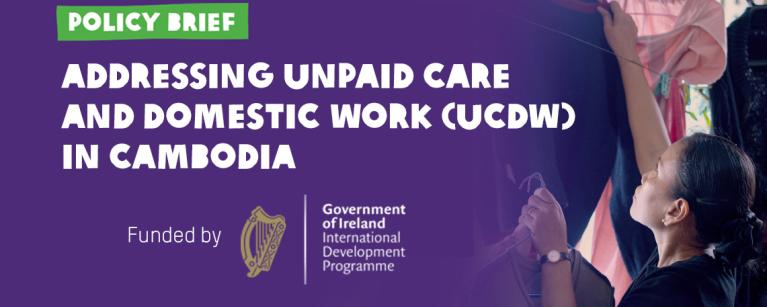Gender equality is crucial for sustainable development, yet earlier studies often overlooked the time-use component, especially within the domestic sphere. Recent research highlights significant gender disparities in unpaid care and domestic work (UCDW), which remains predominantly the responsibility of women and girls. This imbalance restricts their access to education, paid employment, and personal development, thereby perpetuating gender inequalities. In Cambodia, traditional gender norms, economic disparities, and inadequate infrastructure exacerbate these challenges. National data on UCDW has not been updated since 2004, leaving a significant gap in understanding the current state of UCDW distribution.
To address this, Oxfam, in consultation with the Ministry of Women’s Affairs in Cambodia, conducted a pilot Household Care Survey (HCS) to collect and analyze relevant data. The study used a mixed-method approach, combining quantitative data from time-use and perception surveys with qualitative insights from focus group discussions. It covered four provinces: Prey Veng, Siem Reap, Kampot, and Mondulkiri, representing diverse socio-economic and geographical contexts. Key findings include the average time spent on UCDW by different demographics, insights into social norms influencing time-use patterns, and the impact of access to infrastructure and services on UCDW. These findings are vital for advocacy and policy formulation to advance gender equality.
This report is part of the initiatives of Oxfam project called Accelerating Gender Equality through care-responsiveness (AGENT-Care) project funded by the Embassy of Ireland.
Please download the policy brief in both English and Khmer to learn more.
